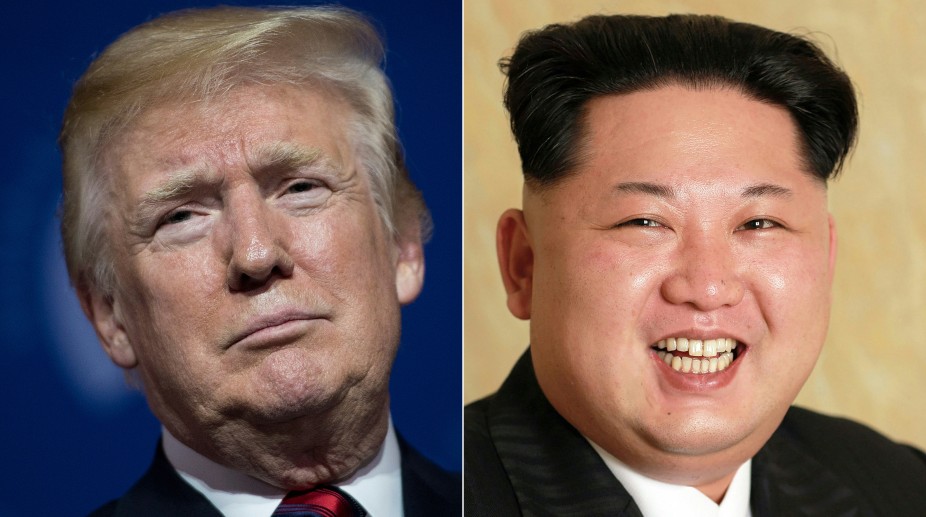The comity of nations is now reasonably assured that the US-North Korea summit will be held on 12 June, after all. Yet Donald Trump’s query ~ “Can you believe that we’are talking about the end of the Korean war?” ~ would seem to be starry-eyed rhetoric in the context of Sunday’s assertion by the US Defence Secretary, Jim Mattis.
The two countries have been technically at war for decades, even if their conflict was frozen by an armistice in 1953. Sixty-five years later, however much as the world marvels at the diplomatic adventure, the grim irony must be that the road to a breakthrough ~ not necessarily paved with good intentions ~ is a fraught process.
Advertisement
Mr Mattis has let it be known at a security conference in Singapore ~ the venue of the Trump-Kim jaw-jaw ~ that Pyongyang can expect relief from sanctions only after it has taken “irreversible” steps to abandon its nuclear programme.
More accurately, this is the demand that Washington had made previously and alternatively as a condition for a possible meeting between President Trump and the North Korean leader, Kim Jong-un. Markedly, Mattis has clothed his caveat with an appeal to the international community to uphold the United Nations-imposed sanctions regime against North Korea until the country ends its nuclear activities.
It scarcely needs to be underlined that in recent months, such “activities” have extended to the blasting of intercontinental ballistic missiles, capable of striking at the US mainland.
“We will continue to implement all UN Security Council resolutions on North Korea, which will receive relief only when it demonstrates verifiable and irreversible steps to denuclearisation,” Mattis said before a meeting with his South Korean and Japanese counterparts.
Ergo, the outlook remains ever so awesome, though a historic melting of the frost is expected in certain quarters within America, though not in North Korea. The White House has demanded that North Korea denuclearise, but different American officials have offered different versions of that demand.
Some have said denuclearisation ~ which the US has also said must happen at one stage ~ is a pre-condition for the summit; others, like Mattis, have linked it not to the summit but to the prospect of sanctions relief and the normalisation of ties with North Korea.
While the US diplomatic gambit is restricted to denuclearisation of North Korea per se ~ not to forget Iran ~ Kim would rather the process covered nuclear powers in general. The North Korean President will be heading for the negotiating table with a far wider scope of the term.
On closer reflection, the likelihood that the meeting would succeed ~ or happen at all ~ is not strong, despite the ongoing diplomacy. Trump has offended the North Koreans by threatening Kim with the same fate as Libya’s former leader Muammar Gaddafi, if Pyongyang does not make a deal with the US. The demand for abrupt denuclearisation remains the major stumbling block.











